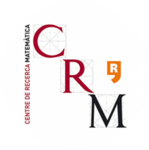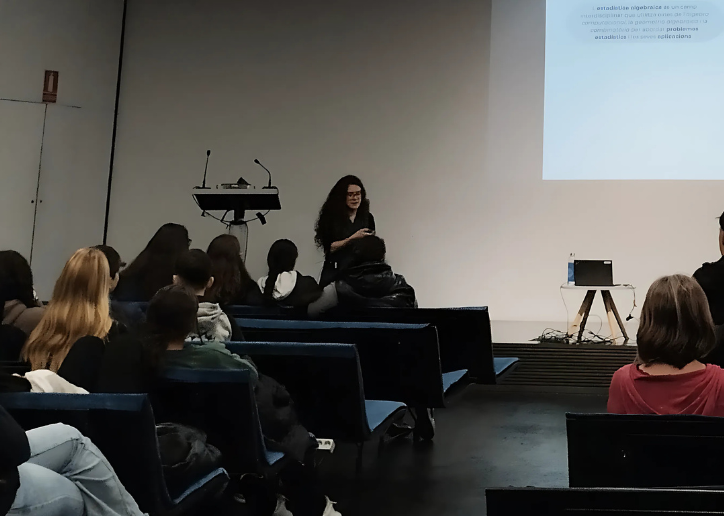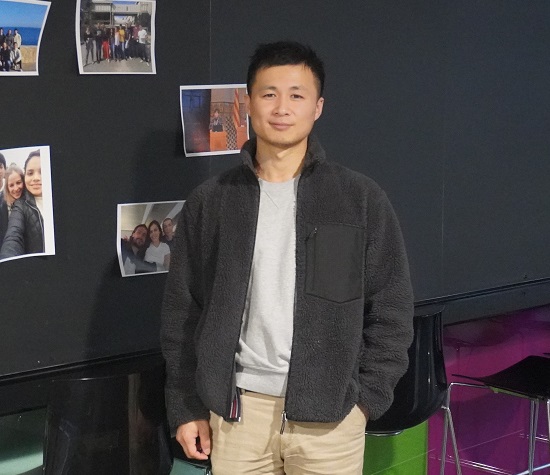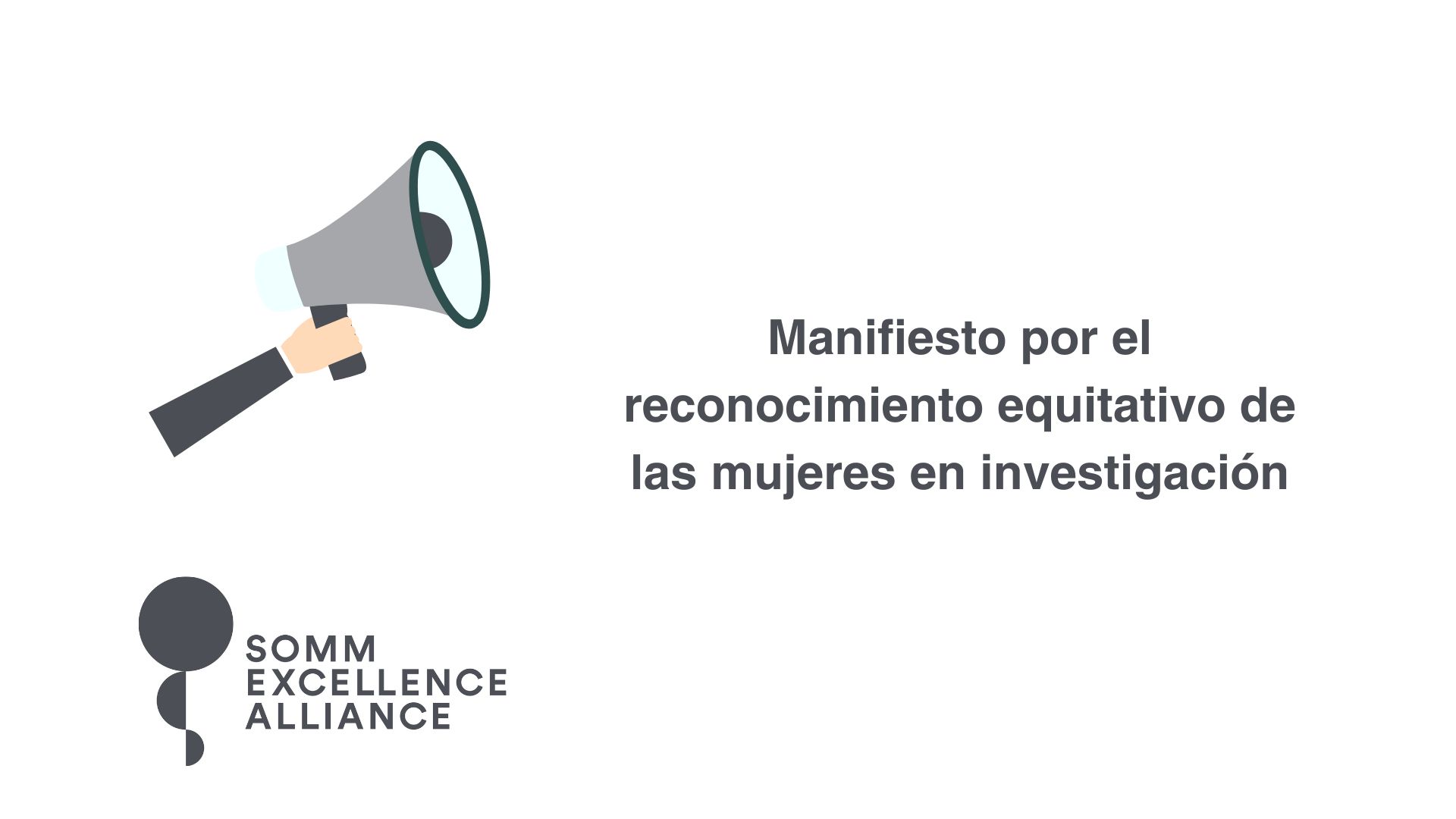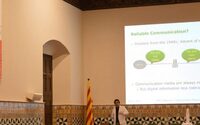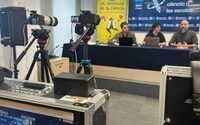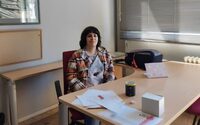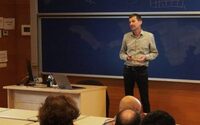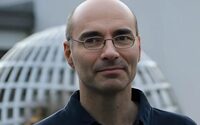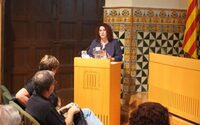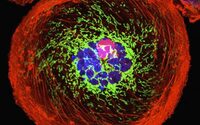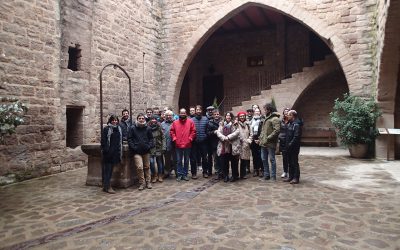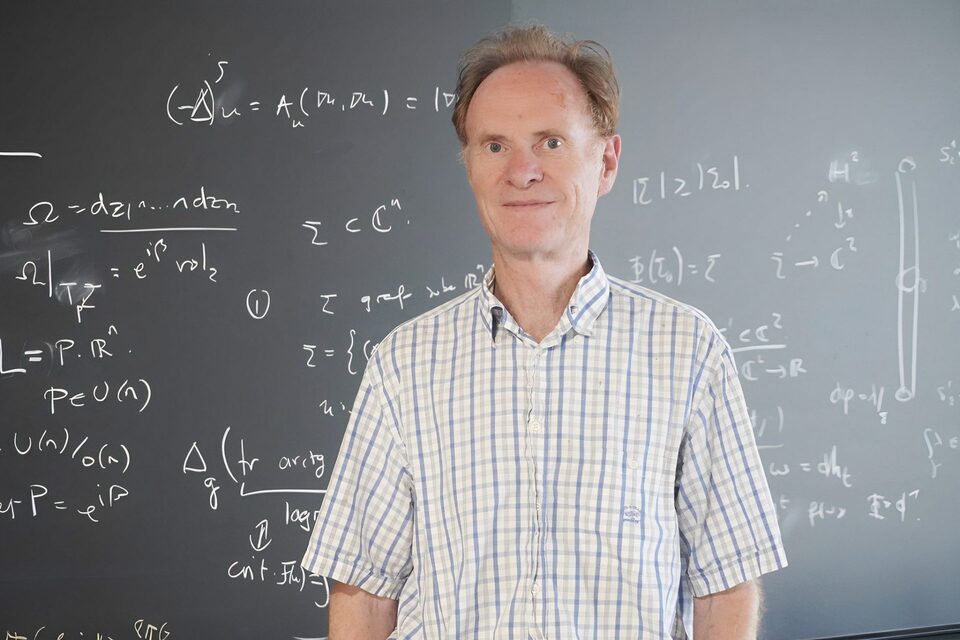
- The CRM Scientific Advisory Board (SAB), comprising distinguished international mathematicians, held its annual meeting from July 8th to 10th, coinciding with CRM’s 40th anniversary, focusing on advising CRM’s strategic direction and evaluating its research program.
- We spoke with Robert MacKay, chair of the Scientific Advisory Board, about the changes and challenges that the CRM has experienced in recent years.
The Scientific Advisory Board (SAB) of the CRM held its annual meeting from July 8th to 10th. This body is crucial for advising on the strategic direction and shaping the scientific program of the centre. The SAB comprises distinguished scientists from prestigious institutions worldwide, including Professor Nicolas Brunel from Duke University, Professor Helen Byrne from Oxford University, Professor Albert Cohen from Université Pierre et Marie Curie, Professor Kathryn Hess from École Polytechnique Fédérale de Lausanne, Professor Ari Laptev from Imperial College London, Professor Gábor Lugosi from Universitat Pompeu Fabra, Professor Alessandra Micheletti from Università degli Studi di Milano, Professor Carmen Miguel from Universitat de Barcelona, Professor Peregrina Quintela from Universidad de Santiago de Compostela, Professor Mikhail Sodin from Tel Aviv University, and Professor Katrin Wendland from Trinity College Dublin.
This year’s meeting was particularly significant as it coincided with CRM’s 40th anniversary. Established in 1984, CRM has grown into a leading institution for mathematical research in Spain and beyond. Speaking with Professor Robert MacKay, Chair of the Scientific Advisory Board (SAB) for the past four years and a faculty member at the University of Warwick, he emphasized the board’s role in shaping CRM’s strategic direction.
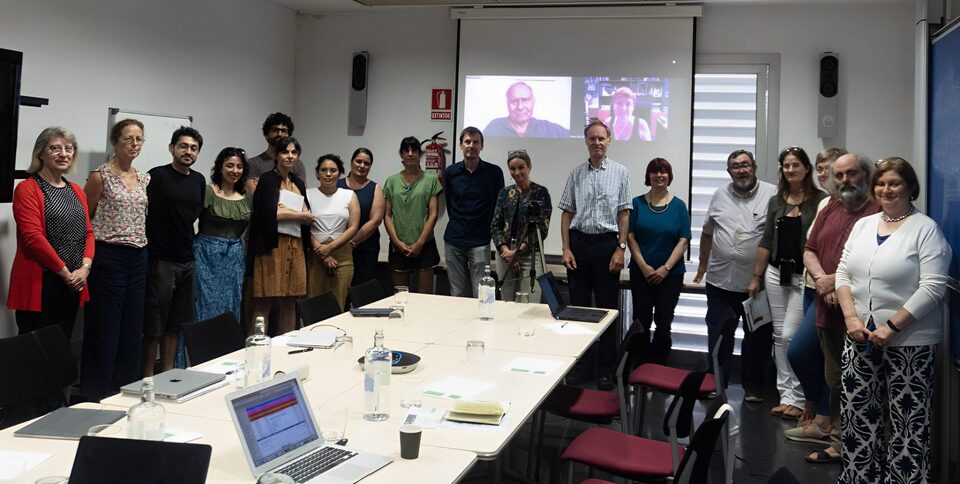
“The role of the CRM Advisory Board is to advise the director and the management of the centre on its research agenda and to carry out evaluations of research done at CRM,” MacKay explained. He highlighted the recent shift towards a more structured assessment process, which now includes formal evaluations of research staff as well as approval of the affiliation of researchers from three of the universities in Barcelona: Universitat de Barcelona, Universitat Politècnica de Catalunya, and Universitat Autònoma de Barcelona.
Navigating Challenges and Embracing Change
CRM has faced numerous challenges in the last few years, particularly in aligning with local, national, and international funding systems. MacKay, who first visited the CRM as an invited researcher in 1987, pointed out that centre “has had to reinvent itself to fit with what the funding agencies would like to see, particularly through the affiliation process.” With over 80 affiliated researchers, CRM boasts a broad range of research topics as well. Balancing this diversity, from pure mathematics to applied fields, requires careful coordination.
MacKay stressed the importance of maintaining an open dialogue between different research groups to encourage interdisciplinary collaboration. “There is a big difference in approach between some of the more traditional “pure” mathematicians and those involved in real-world applications,” MacKay said. “Encouraging more integration is important, as mathematical tools developed for pure interest can often be applied to real-world problems and real-world problems can stimulate new mathematics.”

CRM’s capacity to attract international talent is a testament to its strong research groups and unique opportunities for PhD students and postdocs. The centre provides a distinctive experience compared to classical universities, making it an attractive destination for budding mathematicians. “We had the pleasure of speaking with some of the CRM PhD and Postdoctoral researchers during the SAB meeting. The strong research groups at CRM, including the broader CRM with the affiliations, make it an attractive place to be.” MacKay stated.
Looking to the future, “The opportunity is there to be a leading research centre for mathematics in Catalonia and internationally,” MacKay noted. “The challenges seem to be mainly at the bureaucratic level, in order to obtain funding and make the necessary agreements with agencies and other institutions needed for CRM’s effective operation.”
As CRM celebrates its 40th anniversary, it continues to build on its rich legacy, adapting to new scientific challenges and fostering a vibrant, interdisciplinary research community. The guidance from the Scientific Advisory Board and its members will be instrumental in navigating the path ahead and seizing the opportunities to further consolidate CRM’s standing in mathematical research.
Subscribe for more CRM News
|
|
CRM CommPau Varela & Mariona Fucho
|
Roser Homs participa al projecte (In)visibles i (O)cultes
El 20 de desembre, el Museu de Ciències Naturals de Barcelona va acollir la cloenda del projecte (In)visibles i (O)cultes, amb la participació de Roser Homs, investigadora del CRM, que va oferir una xarrada als estudiants sobre la seva recerca i...
Entrevistamos a Pan Ye, nuevo doctor del Centre de Recerca Matemàtica
El pasado 11 de noviembre, Pan Ye, estudiante de doctorado del grupo de neurociencia del CRM, defendió su tesis titulada The Role of Behavioral Timescale Synaptic Plasticity for Memory Storage in Neural Networks, realizada bajo la dirección de Alex...
SOMMa impulsa un manifiesto por el reconocimiento equitativo de las mujeres en investigación
· "Por el reconocimiento equitativo de las mujeres en investigación" es el nombre del manifiesto lanzado por la Alianza de Centros de Excelencia Severo Ochoa y Unidades de Excelencia María de Maeztu (SOMMa), y suscrito asimismo por la Confederación...
Celebrating four decades of the Centre de Recerca Matemàtica (via EMS Magazine)
“Las matemáticas deben estar en el menú para que todos puedan descubrir su potencial”: entrevista a Adrián Paenza, divulgador matemático.
En esta entrevista, Adrián Paenza, matemático, periodista y divulgador argentino, reconocido por su labor en acercar las matemáticas al público hispanohablante de manera accesible y apasionada, nos comparte su trayectoria y reflexiones sobre la...
El CRM participa a la Setmana de la Ciència
Entrevistamos a Kristina Oganesyan, doctoranda del CRM
En esta entrevista, conversamos con Kristina Oganesyan, quien en marzo de 2024 defendió su tesis doctoral titulada "Three problems in harmonic analysis and approximation theory" bajo la dirección de Sergey Tikhonov. Kristina nos comparte su...
Nicolas Brunel’s Seminar on Cortical Network Dynamics at CRM
Nicolas Brunel, CRM Scientific Advisory Board member, delivered a seminar on the roles of inhibition in cortical network dynamics as part of the Barccsyn Seminar Cycle. He presented findings on how inhibition stabilizes neural activity and shapes...
Xavier Tolsa, Premi Nacional d’Investigació 2024
Xavier Tolsa, professor ICREA al Departament de Matemàtiques de la UAB i adscrit al CRM, ha rebut el Premi Nacional d'Investigació 2024 en la modalitat Julio Rey Pastor pel seu treball en àrees com l'anàlisi harmònic i la teoria geomètrica de...
Eva Miranda Awarded Prestigious Gauß Professorship
The Gauß Professorship, awarded by the Göttingen Academy of Sciences and Humanities, is a prestigious recognition given to scientists who excel in fields significant to Carl Friedrich Gauss, such as mathematics, physics, astronomy, and geophysics....

